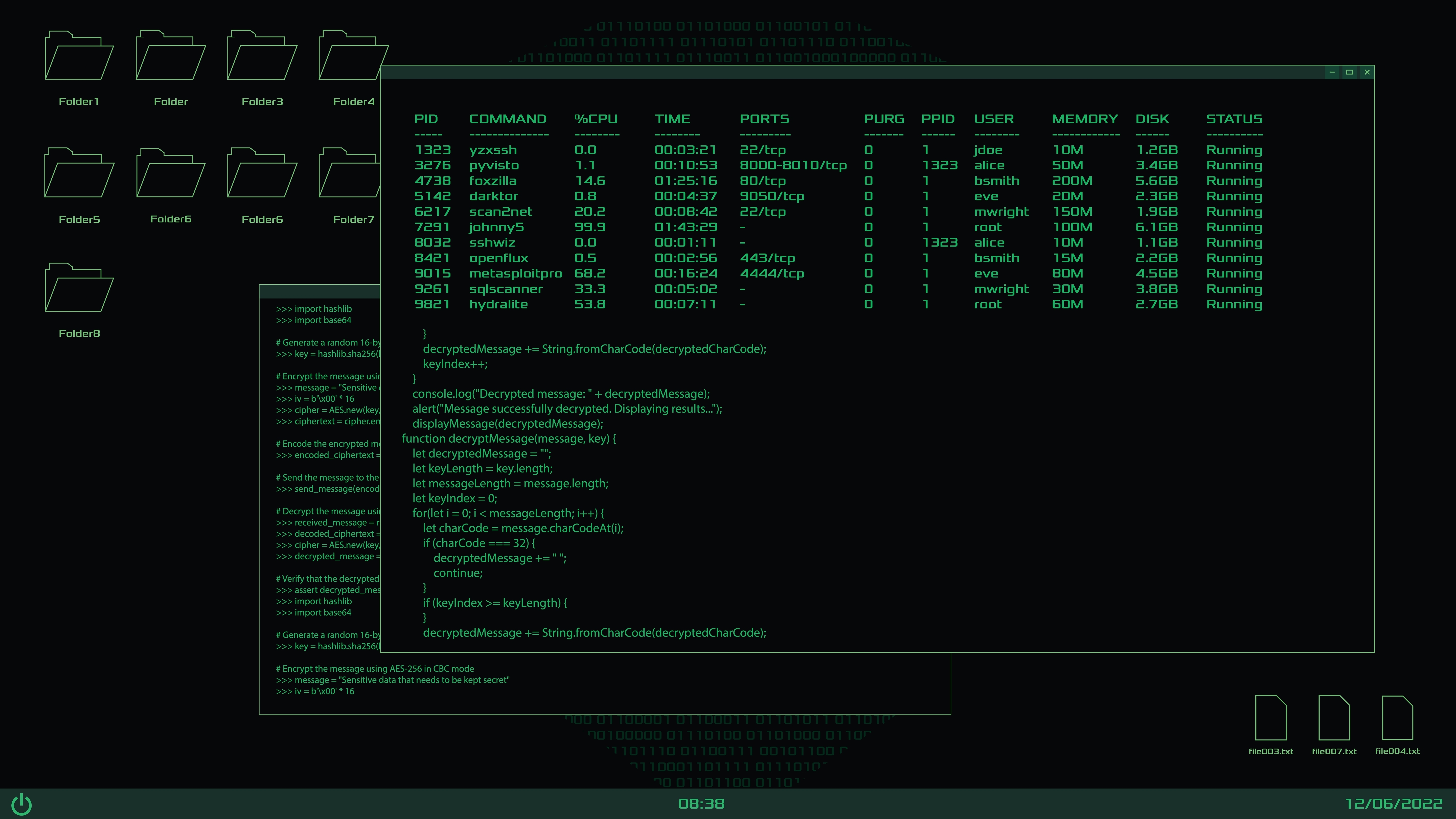Product recalls can severely impact supplement companies, threatening both consumer safety and brand reputation. When health products need to be pulled from shelves, clear communication becomes essential to maintain trust and minimize damage. Public relations plays a vital role in managing these situations effectively through strategic messaging, proactive media engagement, and robust customer support. Companies that handle recalls transparently while demonstrating accountability are better positioned to protect their brand and emerge stronger.
PR Overview
Creating Clear and Transparent Recall Statements
The foundation of effective recall management starts with clear public statements that inform stakeholders about the situation. When drafting recall announcements, supplement companies should focus on providing specific details about affected products, including lot numbers, expiration dates, and potential health risks. This information helps consumers quickly determine if they have purchased impacted items.
Public statements should explain the reason for the recall in plain language, avoiding technical jargon that might confuse consumers. For example, rather than using complex chemical terminology, describe the issue in simple terms like “potential contamination” or “incorrect ingredient amounts.” The goal is to help consumers understand the situation without causing unnecessary panic.
Timing plays a critical role in recall communications. Companies should issue statements as soon as they confirm a problem exists, rather than waiting until forced to act by regulators. According to FDA data, companies that voluntarily initiate recalls and communicate promptly typically face less scrutiny and maintain better stakeholder relationships than those perceived as reluctant to act.
Establishing Dedicated Customer Support Channels
During a recall, companies must create multiple touchpoints for concerned consumers to get information and assistance. This includes setting up dedicated phone lines, email addresses, and web pages specifically for recall-related inquiries. Having separate channels prevents recall communications from overwhelming normal customer service operations while ensuring affected consumers receive focused attention.
Staff manning these channels need thorough training on the recall details, approved messaging, and proper documentation procedures. They should be equipped to answer common questions about health risks, refund processes, and proper product disposal. According to industry studies, companies that provide comprehensive customer support during recalls see significantly higher customer retention rates compared to those offering minimal assistance.
Social media monitoring becomes especially important during recalls. Dedicated team members should track mentions across platforms to identify and address consumer concerns quickly. This helps prevent the spread of misinformation while demonstrating the company’s commitment to customer care.
Documenting Corrective Actions
Transparent communication about steps taken to address recall issues helps rebuild consumer confidence. Companies should detail their investigation process, root cause findings, and corrective actions implemented to prevent future occurrences. This information demonstrates accountability while showing commitment to product safety and quality.
Documentation should include specific improvements to manufacturing processes, quality control procedures, or supplier oversight. For example, if a recall resulted from ingredient contamination, explain new testing protocols or supplier qualification requirements put in place. These details show stakeholders that the company takes the situation seriously and is making meaningful changes.
Regular updates on recall progress help maintain transparency and show forward momentum. Companies should communicate milestones like completion of root cause analysis, implementation of corrective actions, and verification of effectiveness. This ongoing dialogue keeps stakeholders informed while demonstrating the company’s dedication to resolving the situation properly.
Managing Media Relations
Proactive media engagement helps shape the narrative around supplement recalls. Companies should designate authorized spokespersons to handle media inquiries and provide them with approved messaging that aligns with public statements. This ensures consistent communication while building credibility with journalists.
Press releases should follow best practices for recall communications, leading with the most important information and providing clear next steps for consumers. Supporting materials like fact sheets, timelines, and FAQs help journalists report accurately on the situation. Regular media updates demonstrate transparency while allowing the company to maintain some control over how the story develops.
Social media requires special attention during recalls. Companies should monitor conversations across platforms and respond quickly to correct misinformation. Paid social media monitoring tools can help track mentions and sentiment, allowing for rapid response when needed. Regular posts with recall updates and customer support information help maintain an authoritative voice in these discussions.
Meeting Regulatory Requirements
The FDA has specific requirements for recall communications that supplement companies must follow. This includes proper classification of the recall based on health risk levels and timely submission of recall status reports. Working with legal counsel helps ensure compliance while protecting the company’s interests.
Public notifications must meet FDA guidelines for content and distribution. This includes clear identification of the recalled product, description of the problem, and specific instructions for consumers. Companies should maintain detailed records of all communications and customer interactions to demonstrate compliance with regulatory requirements.
Coordination between PR, legal, and regulatory teams becomes essential during recalls. Each group brings important perspective to communications strategy while ensuring messages meet various requirements. Regular coordination meetings help maintain alignment and allow quick adjustments as the situation evolves.
Conclusion
Effective PR management during supplement recalls requires a coordinated approach focused on transparency, customer support, and regulatory compliance. Companies must communicate clearly about the situation while demonstrating accountability through documented corrective actions. Strong customer support systems help maintain relationships with affected consumers, while proactive media engagement helps control the narrative. By following these best practices while meeting regulatory requirements, supplement companies can better protect their brand reputation during recall events.
For PR professionals managing supplement recalls, the next steps should include:
- Developing recall communication templates and approval processes
- Creating dedicated customer support protocols
- Establishing media monitoring systems
- Building relationships with key journalists
- Training spokespeople on recall messaging
- Coordinating with legal and regulatory teams
- Documenting all recall-related communications
These preparations help companies respond more effectively when recalls occur, maintaining stakeholder trust while protecting brand value through transparent crisis management.
Crisis Communications for Beauty Brands
When a beauty brand faces a crisis, the clock starts ticking immediately. Whether it's a...
How PR Shapes Trust in a Post-Hype Blockchain Era
The blockchain industry has weathered multiple storms—from spectacular exchange collapses to...
The Intersection of Corporate Communications and Cybersecurity Messaging
When a cybersecurity incident strikes, the technical breach is only half the battle. The other...




